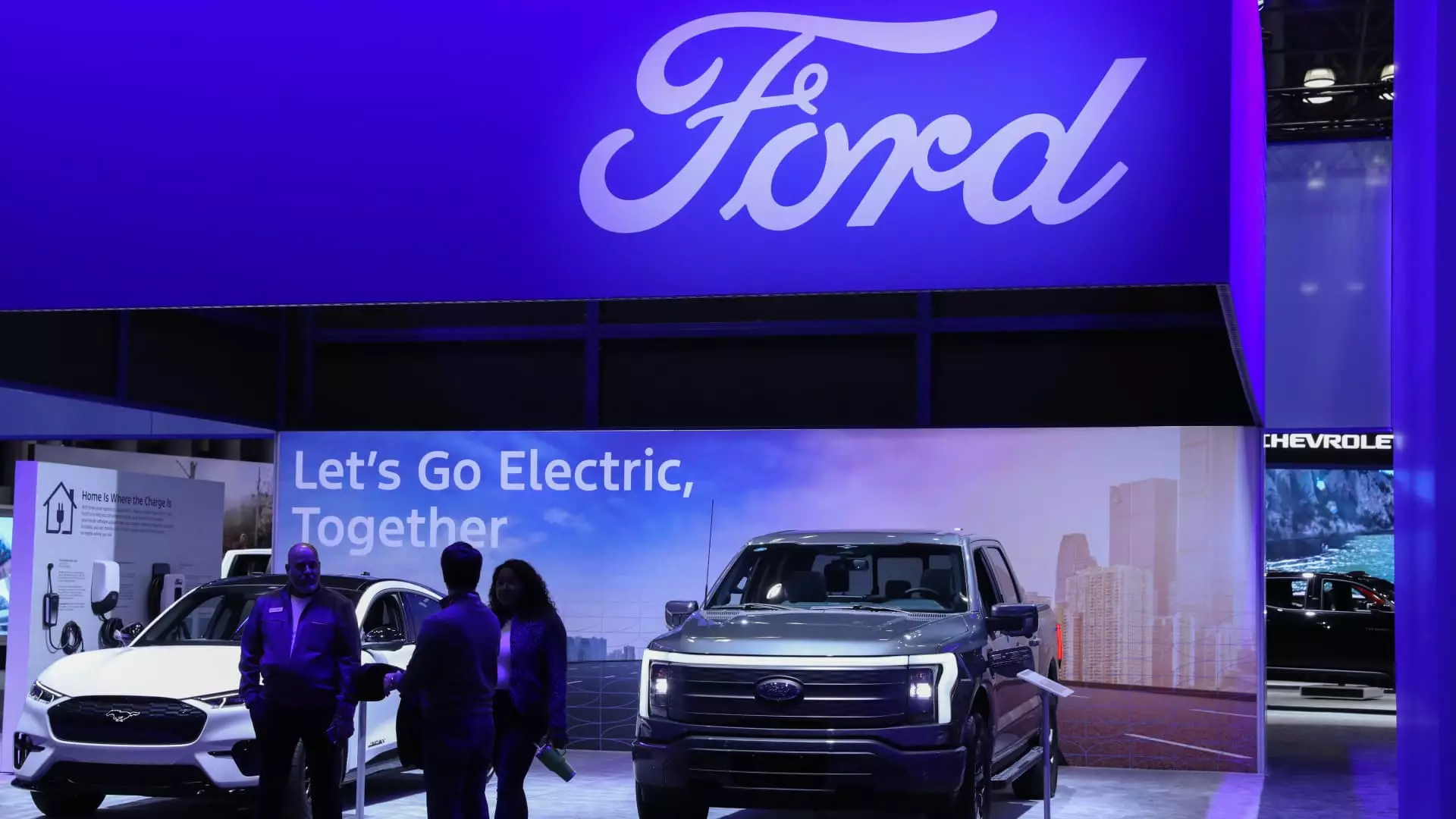Ford Motor’s recent announcement regarding the delay in production of a next-generation all-electric pickup truck and the cancellation of plans for a three-row electric SUV signals a shift in the company’s priorities. Instead of focusing solely on all-electric vehicles, Ford has chosen to prioritize the development of hybrid models and electric commercial vehicles. This decision comes as the company aims to deliver a capital-efficient, profitable electric vehicle business.
New Investment Strategy
The decision to delay the production of the all-electric pickup truck and SUV will result in significant costs for Ford. The company is expected to incur a special noncash charge of about $400 million for the write-down of certain product-specific manufacturing assets, including the canceled SUV. Additionally, the changes may lead to additional expenses and cash expenditures of up to $1.5 billion. This change in investment strategy reflects Ford’s commitment to creating a sustainable and profitable electric vehicle business.
Ford’s CFO, John Lawler, emphasized the company’s focus on commercial trucks and SUVs, where they have a competitive advantage in the market. The decision to develop a new electric commercial van in 2026 followed by two EV pickup trucks in 2027 highlights Ford’s intention to meet customer demand for more electrification choices. The company’s decision to prioritize commercial vehicles aligns with market trends and consumer preferences.
The shift in Ford’s electric vehicle production strategy reflects the company’s commitment to being responsive to market demand and consumer feedback. By listening to customer responses and understanding the evolving preferences in the electric vehicle market, Ford is positioning itself for long-term success. The decision to launch a new generation of electric vehicles including a commercial van in 2026 demonstrates Ford’s agility and willingness to adapt to changing market dynamics.
Investing in Battery Production
While the delay in vehicle production at the Tennessee site is significant, Ford remains committed to starting battery cell production at the site in 2025. This investment in battery production is a strategic move by Ford to secure a sustainable supply chain for its electric vehicles. By investing in battery technology and production capabilities, Ford is ensuring its ability to meet the growing demand for electric vehicles in the market.
Looking Towards the Future
Ford’s decision to adjust its electric vehicle production plans is a reflection of the company’s long-term vision for sustainability and profitability. The shift in priorities towards hybrid models and electric commercial vehicles demonstrates Ford’s commitment to creating a diverse portfolio of electrified vehicles. As Ford continues to innovate and evolve its electric vehicle offerings, the company is positioning itself as a leader in the transition towards sustainable mobility. Investors can expect further updates on electrification, technology, profitability, and capital requirements in the first half of 2025.

